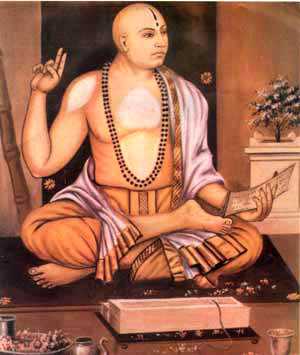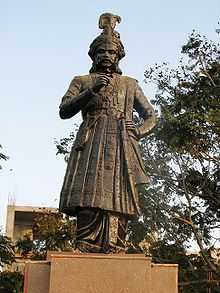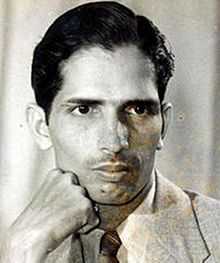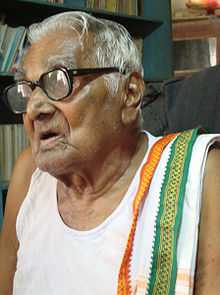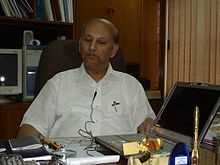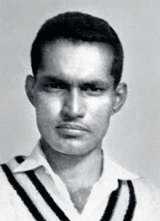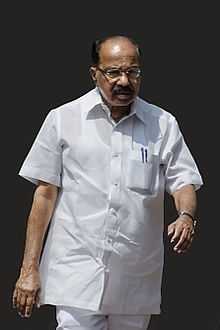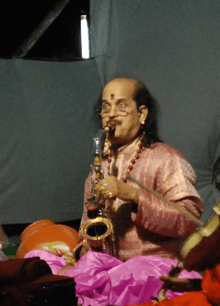Tulu people
| |||||||||||||
| Total population | |||||||||||||
|---|---|---|---|---|---|---|---|---|---|---|---|---|---|
| 10 million (approx) | |||||||||||||
| Regions with significant populations | |||||||||||||
| Languages | |||||||||||||
| Tulu | |||||||||||||
| Religion | |||||||||||||
|
| |||||||||||||
| Related ethnic groups | |||||||||||||
| Dravidians · Telugus · Malayalis · Kannadigas · Tamilans · Kodavas | |||||||||||||
| Part of a series on |
| Dravidian culture and history |
|---|
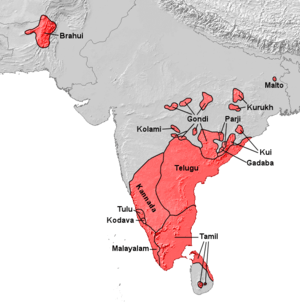 |
|
History
|
|
Culture
|
|
Language
|
|
Religion
|
|
Regions
|
|
People
|
| Portal:Dravidian civilizations |
The Tulu people, or Tuluva (plural Tuluver), are an ethnolinguistic group native to the Tulu Nadu region of India, presently divided amongst the Dakshina Kannada and Udupi district of Karnataka and the Kasaragod taluk of Kerala. They are the native speakers of the Tulu language. There is a sizable emigrant Tuluva population in Mumbai, the Middle East, and in several countries of the Anglosphere.
Geographic distribution
Though most of the Tuluva population is found in the Tulu Nadu region, migrant poplulations are found the world over. In recent times, the first period of migration started at the beginning of the 20th century to places such as Mumbai (known then as Bombay) and Chennai (known then as Madras) and other parts of South India. The Tulu speaking Shivalli Brahmins mostly migrated towards the south of Tulunadu to areas like Madras, Bangalore, Tamil Nadu, Andhra Pradesh, Kerala, etc. and other Tuluvas towards the north of Tulunadu especially to Mumbai and surrounding areas like Thane, Navi Mumbai and Pune where they are involved in various fields from banking to Bollywood.[1]
The second period of migration started with World War II to escape rationing of food under the British administration. The third period of migration started after imposition of the Land Reform Act in the early 1970s, The migrants in this wave were educated skilled people such as physicians, scientists and engineers. There were two other waves of migration: one to the Gulf states mostly in the 1980s and 1990s. Another period of migration to the United States followed the IT boom in India, particularly in Bangalore
People
The majority of Tuluvas are Hindus who are subdivided into various communities namely Billava, Bunts, Kulala, Mogaveera, Devadiga, Vishwakarma, Ganiga, Shivalli Brahmins, Sthanika Brahmins, and others. Many Tuluvas have settled in Mumbai where they have excelled in various fields from banking to Bollywood.[1]
Culture
Tuluvas follow Aliya Kattu system, where inheritance is from uncle to nephew, except for Brahmins and the Parivara bunt subdivision of bunts. Other distinctive features include rituals of Bhuta Kola, Nagaradhane and Yakshagana etc. Tuluva New Year is called Bisu, which falls on the same day as Baisakhi, Vishu and Thai New Year.
Demand for a separate state
From India's independence and following the reorganization of states, the Tuluvas have been demanding national language status for Tulu and a separate state for themselves called Tulu Nadu, based on their language and distinct culture. Though a bit subdued in between, this demand has grown stronger in recent years. Several organizations like the Tulu Rajya Horata Samiti have taken up the cause of the Tuluvas and frequent meetings and demonstrations are held across towns in Tulunadu (like Mangalore, Udupi etc.) to voice their demands.[2][3][4]
Prominent Tuluvas
See also
Content
The Sthanika's and their Historical Importance (1938), by Dr. B. A. Saletore and Tulunadina Ithihasa of Prof. P. Gururaj Bhat[5]
